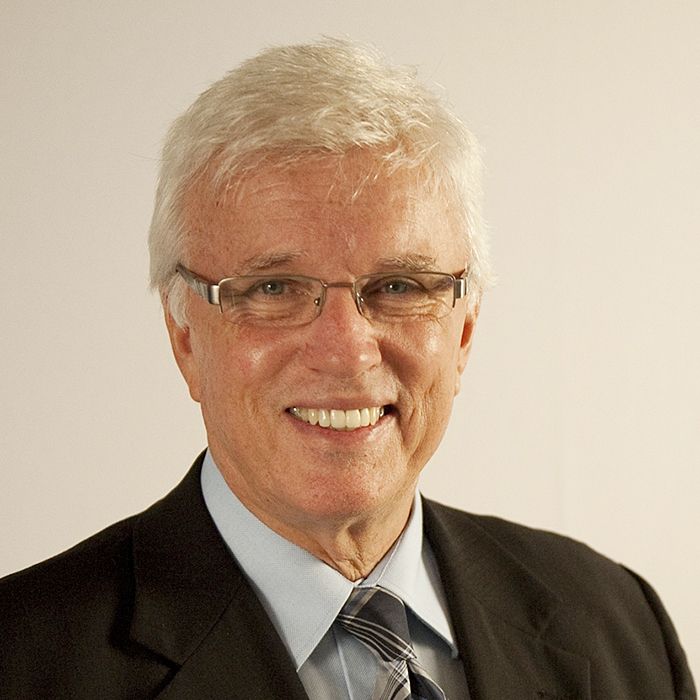
Chatham-Kent-Essex MPP Rick Nicholls hopes party politics can be put aside when he introduces a private members bill Thursday to eliminate stray electrical current in rural areas.
“This is a problem that has been going on for years and the more we find out about it, the more important it is that we put a stop to it,” he said.
“It’s not an issue of blaming someone for something done decades ago but one of admitting we know better now and fixing it. We have evidence of the damage it is doing to livestock and there is growing concern of the effects on people.”
Nicholls could be presenting the bill as early as next month but may defer it as he continues to gather evidence and support for the bill.
So far, the municipalities of Haldimand County,
Oxford County, Brant County and Blandford-Blenheim Township have endorsed the idea of his bill.
Stray current occurs when surplus energy from the power grid travels through the ground from systems that use the earth as “ground” rather than having a closed loop system.
Nicholls called the problem “execution through electrocution”, and the effect of uncontrolled electricity on livestock may just be the beginning.
“It’s no longer just a theory, there is evidence that it is happening in electrical systems right across North America that use this system,” he said.
Nicholls said farm animals, particularly cattle, are being greatly affected by the problem.
“There is one farmer near Drumbo who has lost 100 head of cattle over the years,” he said. “That’s a million dollars.”
He said the voltage causes various growths and anomalies in the animals’ systems including sores and infections that don’t respond to antibiotics and a higher-than-usual number of spontaneous abortions in cattle.
“There is a tingle in the ground and they (cattle) feel it,” he said. “In many cases they don’t drink because the water has current in it and they stay away.”
Chatham Mazda from Chatham Voice on Vimeo.
Hydro One and the Ontario Federation of Agriculture launched a joint study of the issue last year, however, results haven’t been made public.
“I have a fear that the issue will be buried unless the legislature takes a firm stand and demands that changes be made,” he said. “Hydro One can be very selective in what they study and report.”
Hydro One communications officer Alicia Sayers said the pilot program examined “ways to assess and mitigate instances of stray voltage and current. This includes how both customer-owned and utility-operated systems contribute to stray voltage on farms.
The hands-on pilot is complete and provided an opportunity to learn and identify solutions. We are currently reviewing the results and will implement all solutions that we and the OFA identify. This will also help shape Hydro One policies with our farming customers and communities.”
As the Community Safety and Correctional Services Critic, Nicholls said he has significant concern that residents living along the power transmission lines are being affected.
“There have been far too many anecdotal incidents of cancer and other health issues to just ignore them. We know pacemakers are an issue for anyone living near the lines and we’re learning more all the time,” he said. “There is no reason we should be taking risks with the health of Ontarians when we have solutions.”
He said instilling a closed-loop system will cost money but costs are secondary to public health.






